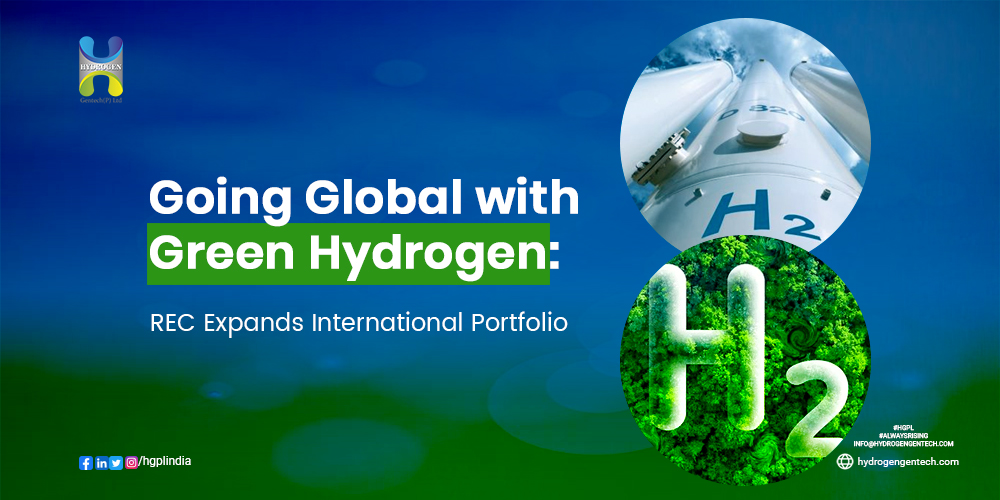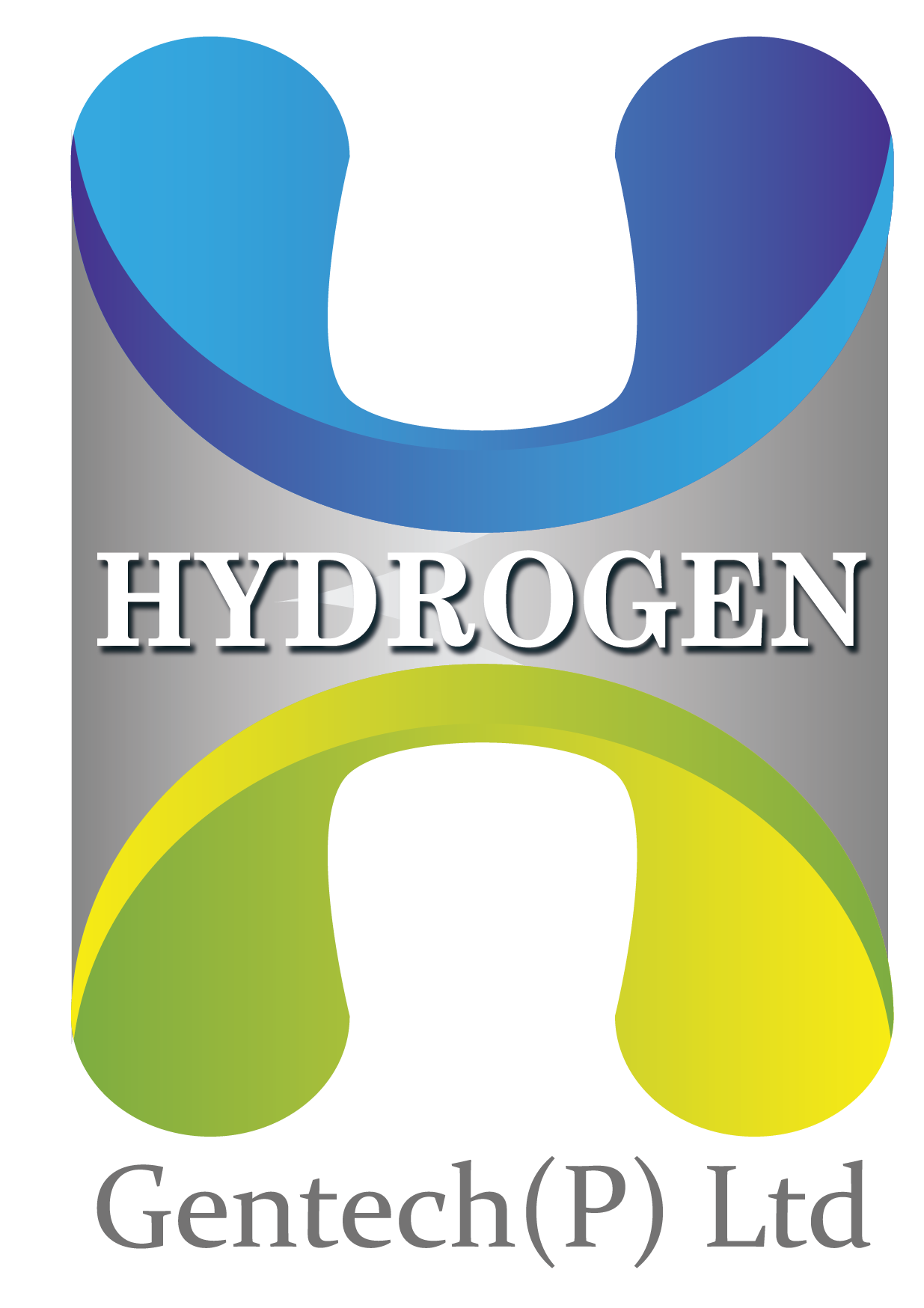
In a significant move towards global expansion, REC Ltd, a state-run financier, has secured a sanctioned green hydrogen ammonia project in Oman and is exploring prospective projects in Bhutan, Nepal, Bangladesh, and Sri Lanka. This strategic decision comes after REC attained the prestigious ‘Maharatna’ status, allowing it to invest in projects beyond India’s borders. In an exclusive interview with ETEnergyworld, REC’s Chairman and Managing Director, Vivek Kumar Dewangan, expressed his enthusiasm for financing green projects within the framework of the India-Middle East-Europe Economic Corridor (IMEC) and the ‘One Sun, One World, One Grid’ (OSOWOG) initiative. This article delves into REC’s international expansion plans and the potential impact of these projects on the renewable energy landscape.
REC’s Green Hydrogen Projects in Oman and South Asia
REC’s foray into green hydrogen projects begins with a sanctioned project in Oman. The company aims to leverage its expertise in the power sector financing and development to contribute to the growth of green hydrogen ammonia production in the region. This initiative aligns with Oman’s commitment to reducing carbon emissions and transitioning to a sustainable energy future. Green hydrogen, produced through electrolysis using renewable energy sources, holds immense potential as a clean and versatile energy carrier.
In addition to the Oman project, REC is actively exploring opportunities in South Asian countries like Bhutan, Nepal, Bangladesh, and Sri Lanka. These countries offer promising prospects for renewable energy development, and REC sees them as strategic partners in the pursuit of a greener future. The projects being considered include hydro power facilities, transmission lines connecting India to Bangladesh and Sri Lanka, and other forms of renewable energy. The selection of these projects will be guided by India’s Ministry of External Affairs (MEA) to ensure alignment with the country’s strategic interests.
The India-Middle East-Europe Economic Corridor (IMEC)
REC’s international expansion plans are closely tied to the India-Middle East-Europe Economic Corridor (IMEC). This proposed economic corridor aims to enhance economic development and promote connectivity and integration among Asia, the Persian Gulf, and Europe, across various sectors including trade and energy. By financing green projects within this framework, REC can contribute to the sustainable development goals of multiple countries involved in the corridor. This collaboration presents a unique opportunity for REC to leverage its expertise and strengthen its position as a global power sector financier.
The ‘One Sun, One World, One Grid’ (OSOWOG) Initiative
The ‘One Sun, One World, One Grid’ (OSOWOG) initiative, initially proposed by Indian Prime Minister Narendra Modi in 2018, aims to supply solar power to around 140 countries through a common grid network. This visionary concept envisions the seamless transfer of solar energy across borders, contributing to global energy security and sustainable development. REC’s involvement in financing projects aligned with OSOWOG reinforces its commitment to promoting renewable energy on a global scale. By fostering international cooperation and leveraging its financial resources, REC can play a pivotal role in realizing the ambitious goals of this initiative.
REC’s Impressive Growth and Loan Book Expansion
REC’s loan book has witnessed remarkable growth, reflecting its commitment to financing renewable energy projects in India and beyond. The company’s loan book grew from Rs 3.85 trillion at the end of March 2022 to Rs 4.35 trillion at the end of March 2023. In the first quarter of the current financial year alone, an additional Rs 190 billion were added. This exponential growth trajectory suggests that REC’s loan book could exceed Rs 5 trillion by the end of the year.
Last year, REC reported sanctions totaling Rs 2.68 trillion, and it is on track to reach nearly Rs 2 trillion by the end of September. The total sanctions for the year are projected to be around Rs 4 trillion, with disbursements expected to reach approximately Rs 1.5 trillion. These impressive figures underscore REC’s role as a leading power sector financier, facilitating the development of renewable energy projects in India and now across international borders.
Diversification into Non-Power Infrastructure and Logistics
While REC’s core focus remains on power sector financing and development, the company has also diversified into non-power infrastructure and logistics sectors. This diversification allows REC to extend its financial assistance to projects beyond the power sector, covering areas such as airports, metro systems, railways, ports, bridges, and more. By expanding its scope of operations, REC can contribute to the overall infrastructure development of the countries it operates in, further strengthening its position as a key player in the finance and development of critical projects.
Conclusion
REC’s international expansion with green hydrogen projects in Oman and South Asia marks a significant milestone in the company’s journey towards becoming a global leader in renewable energy financing and development. With the ‘Maharatna’ status and its expertise in power sector financing, REC is well-positioned to contribute to the growth of green hydrogen production and other renewable energy projects in these regions. As the company continues to expand its loan book and diversify into non-power infrastructure, REC’s impact on the sustainable development of the global energy landscape is set to grow exponentially. Through strategic partnerships and alignment with initiatives like IMEC and OSOWOG, REC is poised to play a transformative role in accelerating the transition to a cleaner and greener future.

